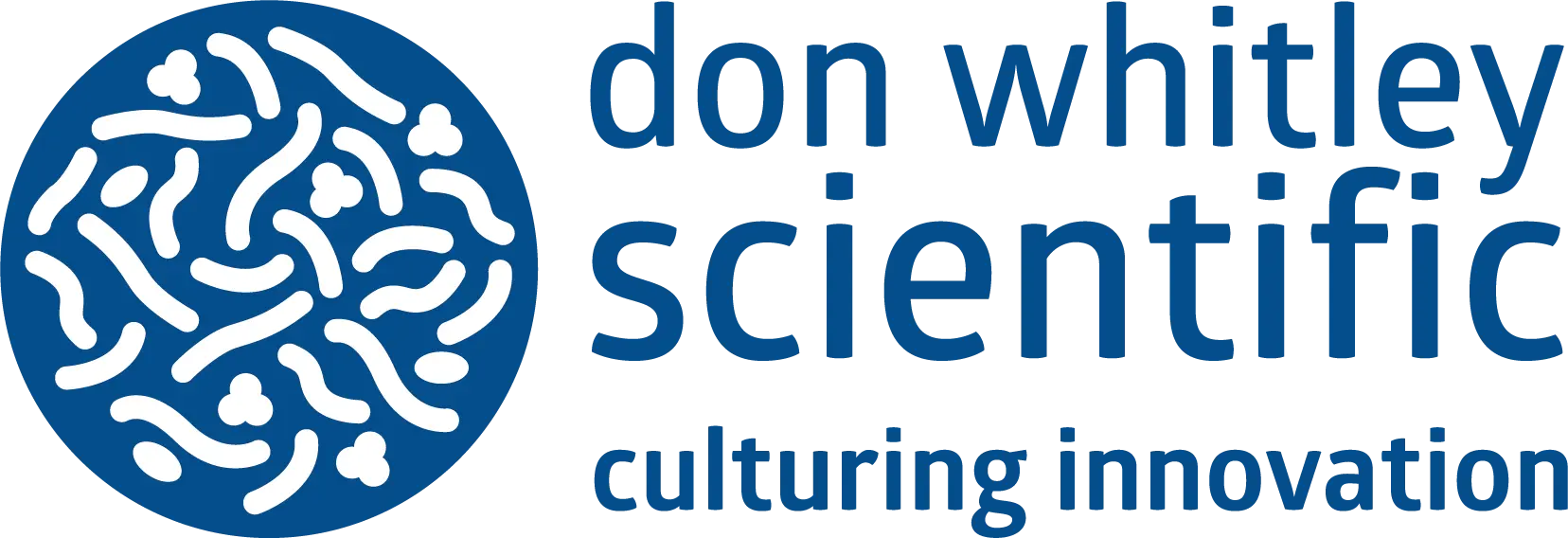
Charlotte Roughton a 4th year PhD student working with Professor Paula Salgado in the Biosciences Institute at Newcastle University was recently awarded the Don Whitley Scientific Travel Grant and has kindly supplied the following overview of the work that was presented at the 13th International Conference on the Molecular Biology and Pathogenesis of Clostridia.
"My PhD focuses on the bacterium Clostridioides difficile. C. difficile is a multidrug resistant human pathogen and the most common cause of hospital-acquired gastrointestinal disease, with an estimated 150,000 new cases each year in Europe alone. While antibiotics are the primary treatment for C. difficile infection, these perpetuate gut dysbiosis and enable disease recurrence. This, along with the rise of antibiotic resistance and the emergence of hypervirulent strains, highlights an urgent need to develop new, species-specific treatments for this infection.
C. difficile infections are transmitted by endospores, which are hardy, dormant cell forms that are resistant to heat, radiation, and common disinfectants. They enable survival in the aerobic environment and facilitate transmission of C. difficile infections. Despite this, the process of sporulation in C. difficile remains unexploited as a therapeutic target, and so my PhD aims to understand more about the fundamental biology of this process to help find potential therapeutic targets to interrupt spore formation, thereby eliminating the transmission route. Because C. difficile is an obligate anaerobe, the Whitley Anaerobic Workstations at the lab have been crucial throughout my PhD in enabling me to cultivate C. difficile strains for sporulation, microscopy, and flow cytometry experiments.
Thanks to the Don Whitley Scientific Travel Grant, I was supported in presenting a poster on my research at the 13th International Conference on the Molecular Biology and Pathogenesis of Clostridia (ClostPath 2023) in Banff, Canada 19 – 23rd September. This was a fantastic opportunity to network with international colleagues and collaborators, as well as present my research and gain valuable insights from audiences I wouldn’t otherwise have access to."
Thank you to Charlotte and good luck with your future research!


 en
en

 English
English